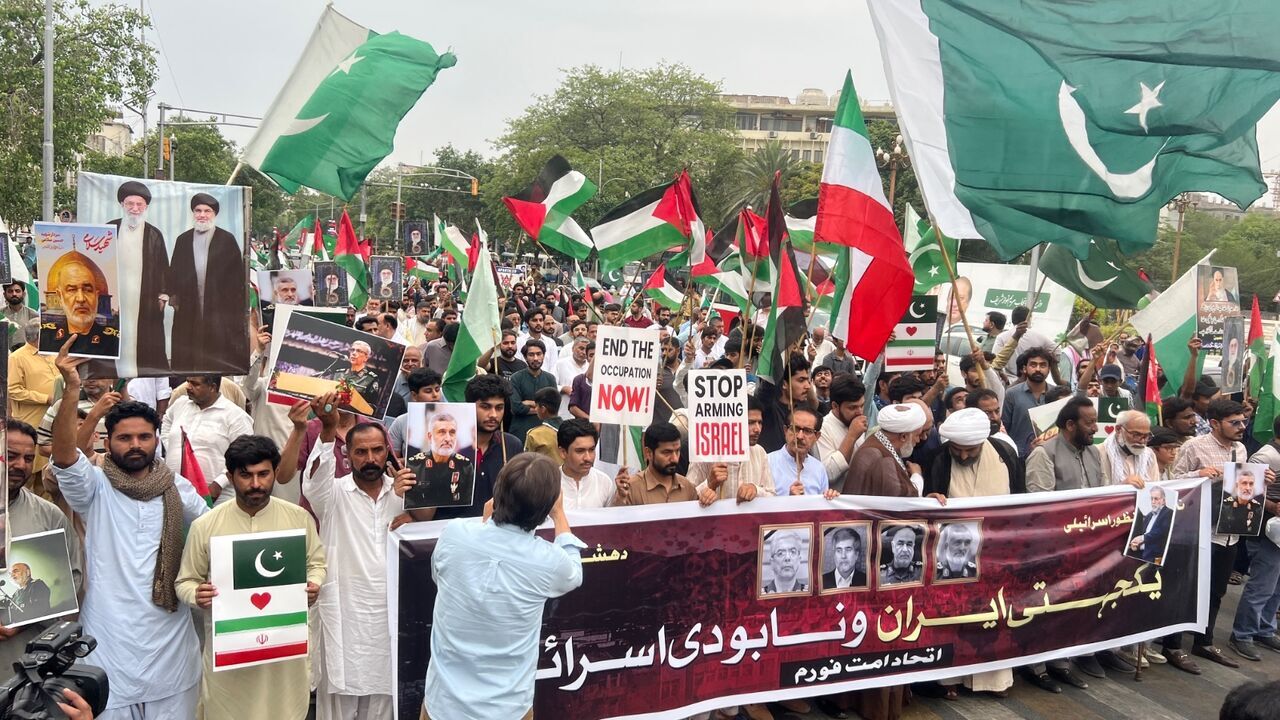
Similar Posts
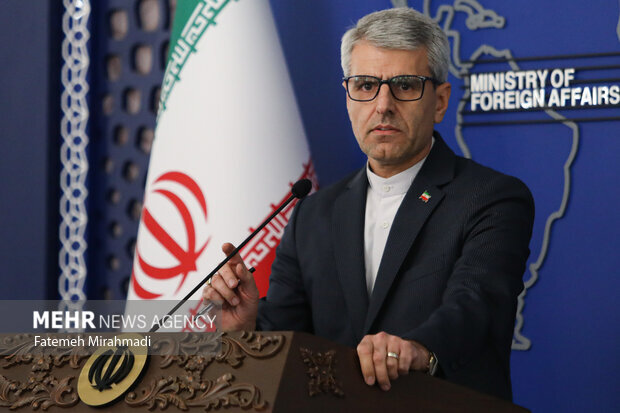
Germany Launches Investigation into Wartime Chemical Weapons Supply to Iraq
On the anniversary of the Chemical Weapons Convention, Iranian Foreign Ministry spokesman Esmaeil Baghaei highlighted the treaty’s role in preventing chemical warfare atrocities and recalled the horrors suffered by Iran during the 1980s conflict with Iraq. He urged Germany to acknowledge its support for Saddam Hussein’s chemical weapons program, emphasizing the need for transparency and justice. The Iran-Iraq war saw over 10,000 Iranian deaths and extensive injuries due to chemical attacks, with Western nations implicated in supplying materials. Baghaei stressed that revealing the truth is essential for healing and accountability, reinforcing the global commitment to preventing chemical warfare’s recurrence.
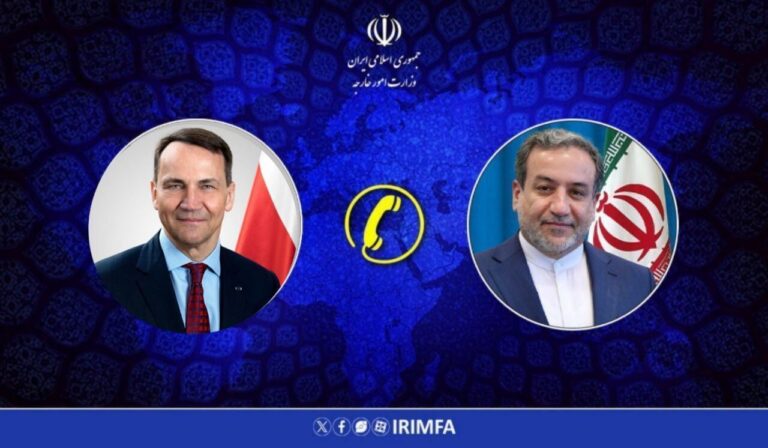
Iran Seeks Positive Engagement with EU, Says Araghchi
Iran’s Foreign Minister, Abbas Araghchi, has expressed optimism about improving relations between Iran and the European Union, particularly during Poland’s six-month presidency of the EU. In a call with Polish Foreign Minister Radoslaw Sikorski, they discussed bilateral ties, regional issues, and nuclear concerns. Araghchi emphasized Iran’s dialogue-based approach and readiness for various scenarios, while Sikorski highlighted their long-standing diplomatic relations. In a separate call with British Foreign Minister David Lammy, Araghchi reaffirmed Iran’s commitment to peaceful nuclear activities and support for ceasefires in Gaza and Lebanon, cautioning against rising tensions in Yemen due to military actions.
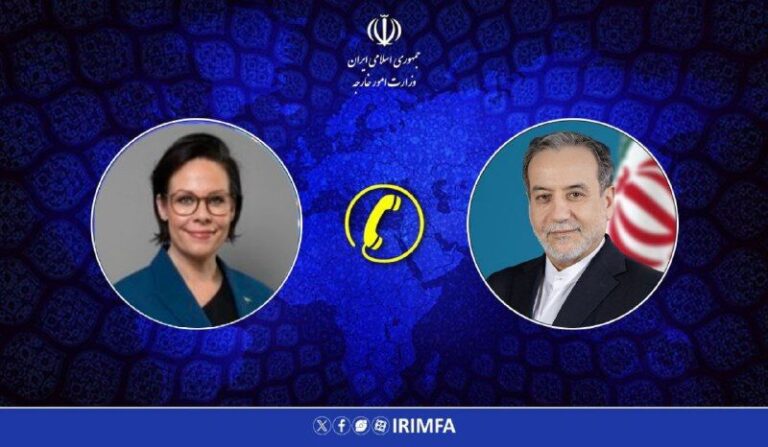
Araqchi Decries Attack on Iran’s Embassy in Stockholm: A Call for Diplomatic Protection
Iranian Foreign Minister Abbas Araqchi condemned the recent attack on the Iranian embassy in Stockholm, emphasizing the importance of diplomatic safety. In a call with Swedish Foreign Minister Maria Malmer Stenergard, he urged swift action against those responsible and called for improved cooperation and consultations to resolve misunderstandings. The attack, which occurred on April 30, involved an individual attempting to set the embassy on fire, causing damage but no injuries. Stenergard reaffirmed Sweden’s commitment to protecting diplomatic missions and promised necessary security measures for the Iranian embassy, highlighting the need for enhanced global embassy security.
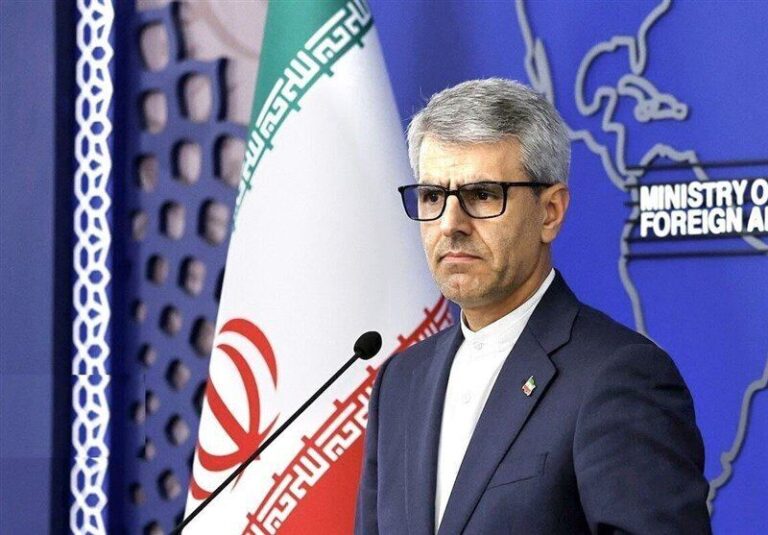
Iran’s Foreign Ministry Spokesperson Stands Firm on Principled Stance Amid Global Challenges
Iran’s Foreign Ministry spokesperson Esma’eel Baqayi reaffirmed the country’s commitment to supporting resistance movements while addressing terrorism in the region. He criticized the influence of the US and Israel, advocating for regional equality and questioning Israel’s role in ongoing conflicts. Baqayi condemned Israeli attacks on Syrian military facilities following Turkey-backed advances and highlighted Israel’s reoccupation of the Golan Heights, which he said undermines Syrian sovereignty. He emphasized Iran’s long-standing non-imperialist stance, focusing on the Palestinian cause, and reiterated its historical role in combating terrorism, led by figures like Qassem Soleimani, while maintaining a consistent foreign policy.

Tehran and Baku Urged to Remain Alert Against Disruptive Threats
President Masoud Pezeshkian has reiterated the strong bond between Iran and Azerbaijan, urging caution among political and cultural figures to avoid misunderstandings. He emphasized the need for unity and cooperation to enhance bilateral ties, advocating collaboration across sectors like academia, healthcare, and energy. Pezeshkian highlighted the strategic significance of the railway connecting the two nations, which could boost trade and cultural relations. He also affirmed Iran’s support for peaceful coexistence between Azerbaijan and Armenia and stressed the importance of territorial integrity in resolving disputes. His upcoming visit aims to strengthen these relations further for mutual prosperity.
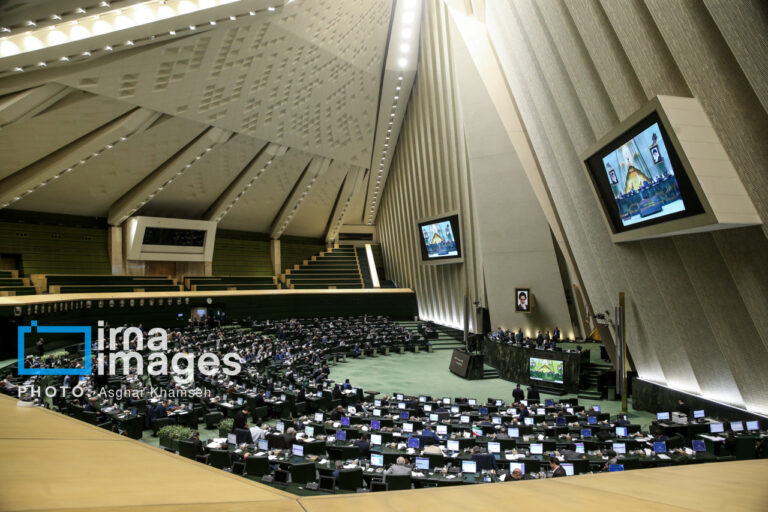
Iranian MPs Unite in Strong Rejection of European Parliament’s Anti-Iran Resolution
Iranian Parliament members have condemned a recent European Parliament resolution criticizing the Islamic Republic for alleged human rights abuses. During a session, lawmakers stated that the resolution attacks Iran’s judiciary and the Islamic Revolution Guards Corps (IRGC), reflecting an adversarial agenda. They emphasized Iran’s commitment to human rights, asserting that the country respects both domestic and international laws. Iranian MPs criticized the European Parliament’s interference, especially after the assassination of two Iranian judges, and warned that designating the IRGC as a terrorist organization would provoke a strong response. They urged the EU to reconsider its confrontational approach and seek dialogue.